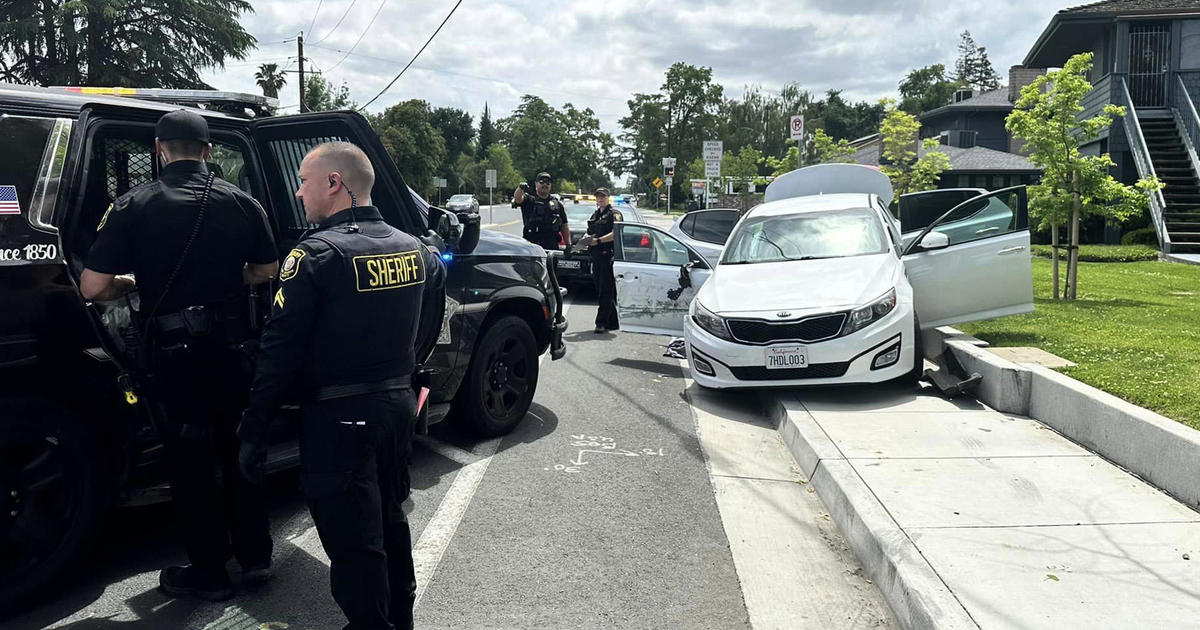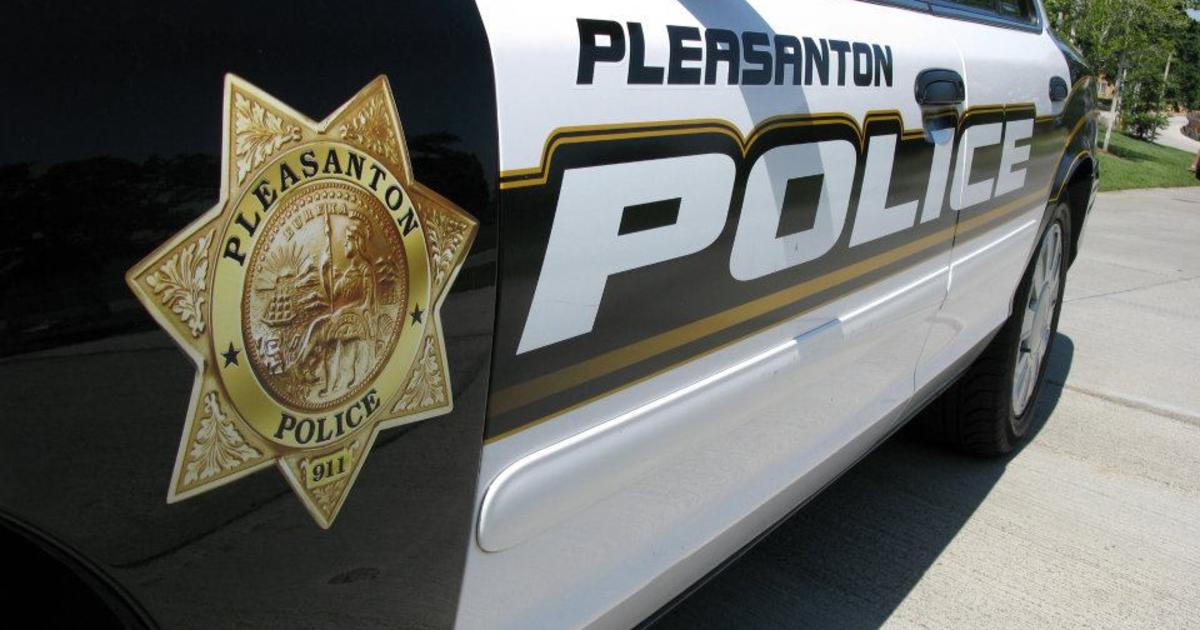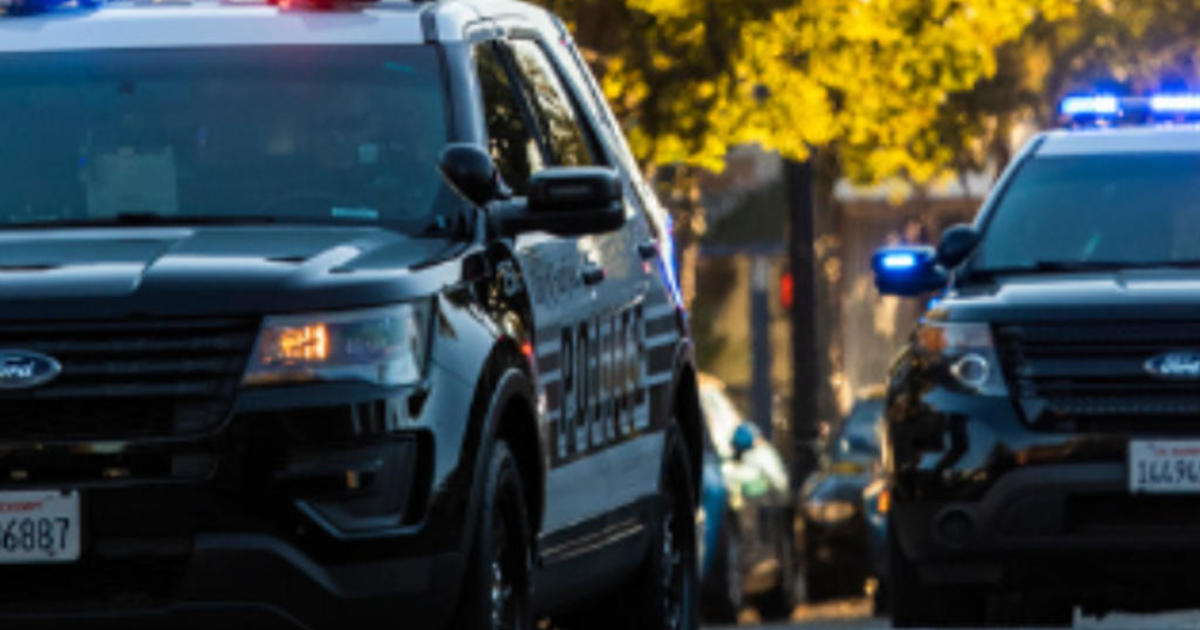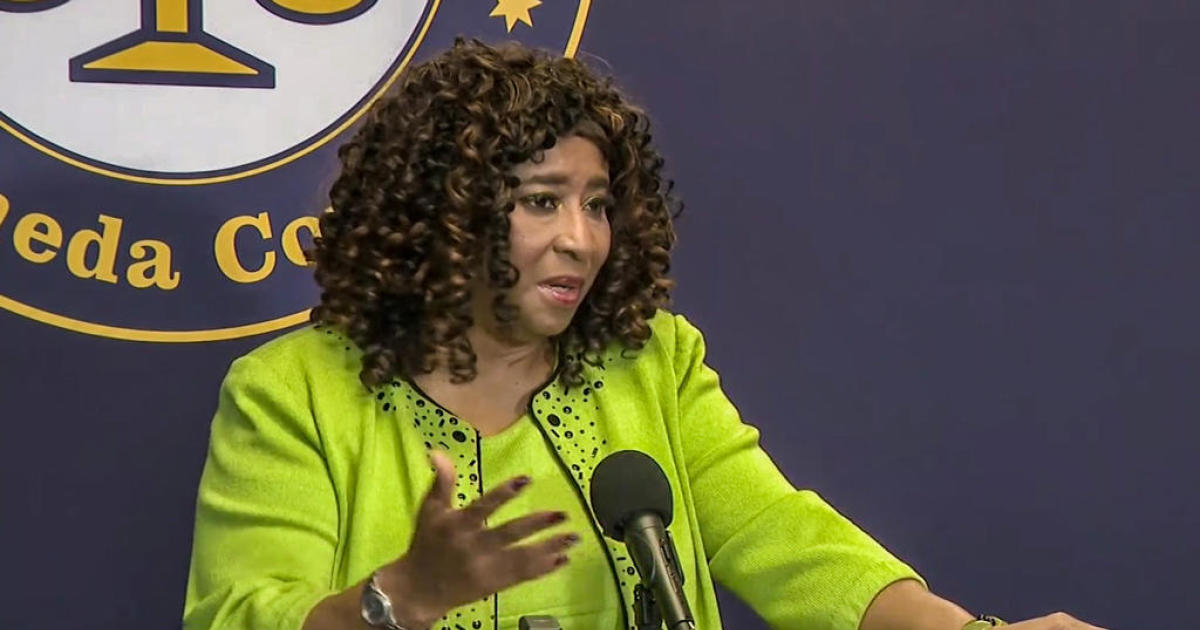Police Install Controversial License Plate Readers On Fairfield Patrol Cars
FAIRFIELD (CBS SF) -- The Fairfield Police Department announced Saturday they have installed license plate readers on two patrol vehicles.
The readers, which were installed last month, are the latest tool police are using to combat vehicle theft.
The license plate readers, or LPRs, have already identified 6 stolen vehicles, two of which were occupied and resulted in arrests.
ALPRs are designed to read license plates and record the time, date, and location a particular car was encountered to keep an eye on vehicles that were stolen, suspected to be involved a crime or for any other reason.
If the license plate that has been read by the LPR matches an entry in a stolen vehicle database, the license plate reader system will alert officers that a suspect vehicle is in the immediate area of that LPR system.
Last January, the San Francisco-based Electronic Frontier Foundation analyzed eight days worth of data from Oakland ALPRs, provided by the city under the California Public Records Act.
One of the most interesting findings to surface, according to co-author of the report Dave Maass, is how only two police cars equipped with ALPR cameras were responsible for collecting all 63,272 data points which cover 90 percent of the city. Maass points out Oakland's ALPR program is still new, but if more cars are equipped with these cameras it won't be long before the entire city is covered.
While the cameras are advertised as public safety utility, it's not hard for law enforcement agencies to over time, learn where a particular person works and lives, which religious services they attend and who they spend time with.
There's documented cases of police abusing ALPR data to follow suspected gang members or to intimidate protesters and union members.
The number of Bay Area police departments using ALPRs is growing.
In Piedmont, which has about 11,000 residents, the police department captured 1,641,841 plate scans with one ALPR unit in just one year, according to the American Civil Liberties Union. The city Milpitas, with only 67,000 residents, collected 4.7 million plate images in about the same time. On the state's highways, the California Highway Patrol operates at least 200 cameras, but it's not known yet how much data they have collected.
This data is also shared with other counties and potentially the federal intelligence community through a database that combines extensive records of motorists' travels throughout Northern California.
The ACLU is pushing the government to regulate the information collected, and give it an expiration date. Until guidelines are set, it is up to city attorneys and city councils to set the rules, and let neighbors know the cameras exist in the first place.
According to information obtained by the ACLU, only 14 percent of the 57 jurisdictions in California with LPRs had them put in place after a public discussion.
TM and © Copyright 2015 CBS Radio Inc. and its relevant subsidiaries. CBS RADIO and EYE Logo TM and Copyright 2015 CBS Broadcasting Inc. Used under license. All Rights Reserved. This material may not be published, broadcast, rewritten, or redistributed. Bay City News Service contributed to this report.



